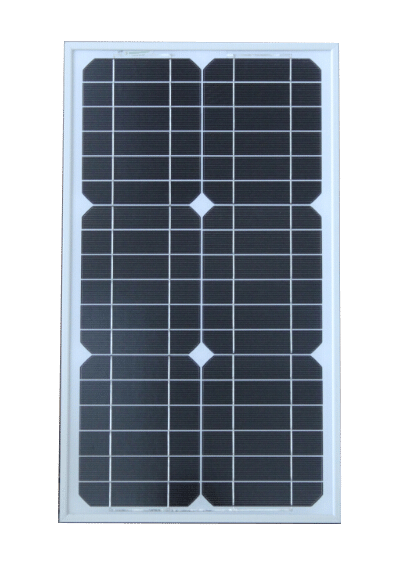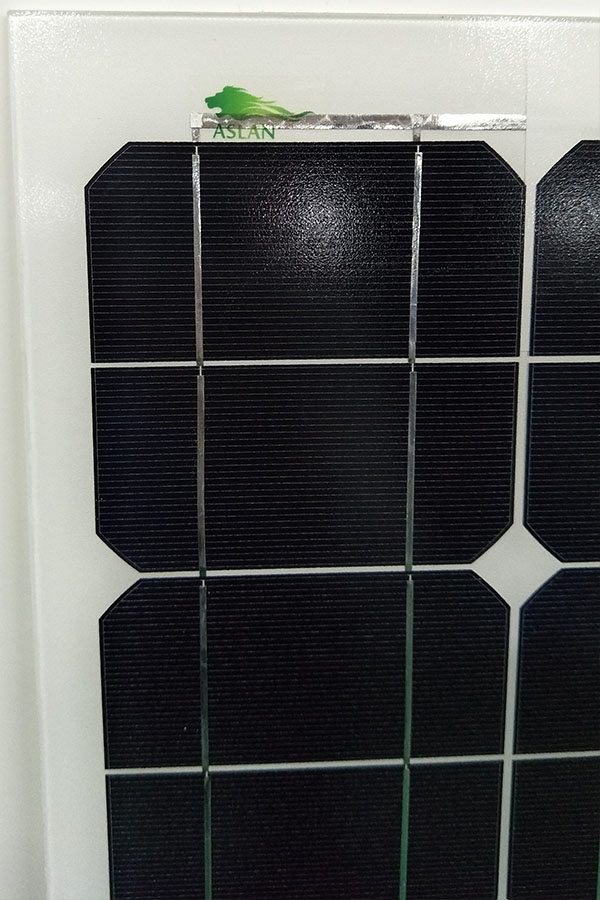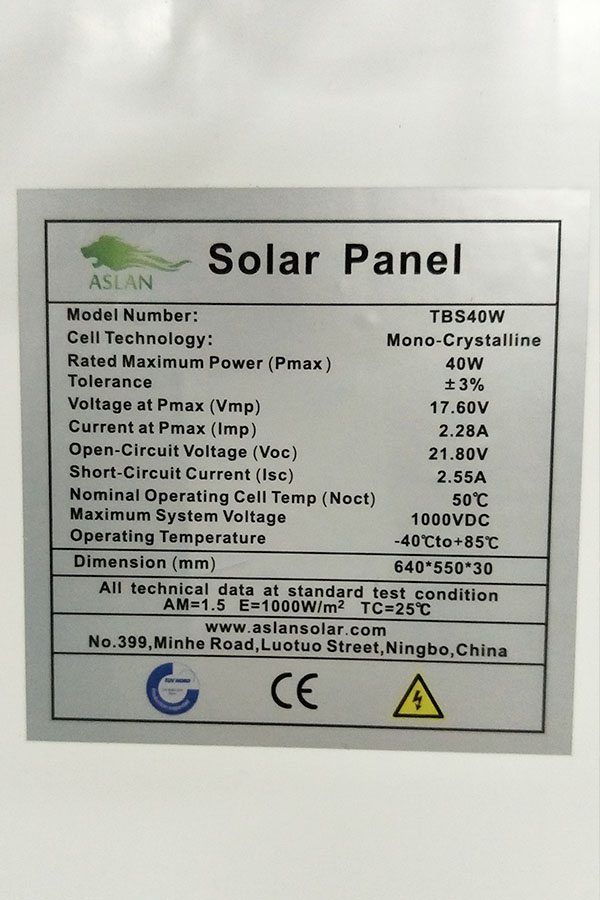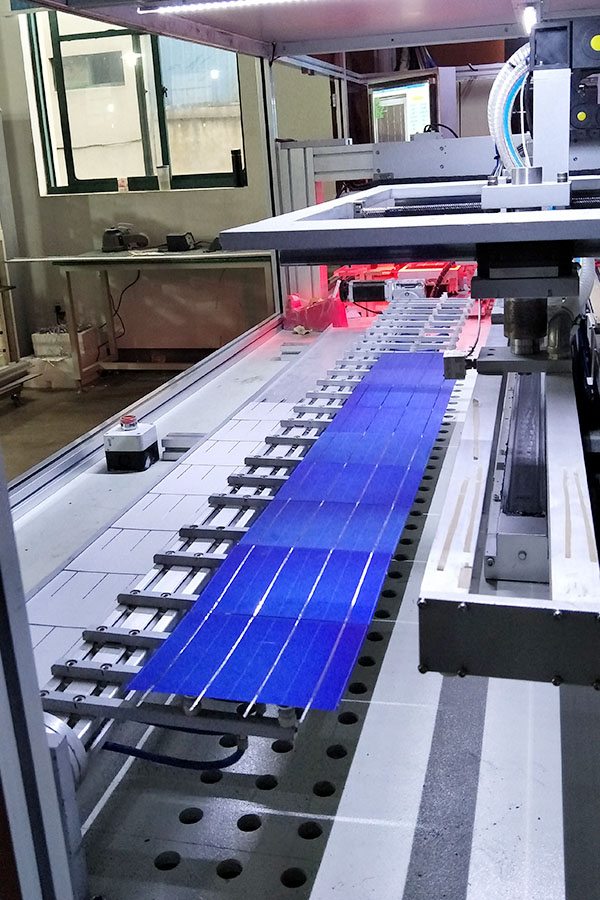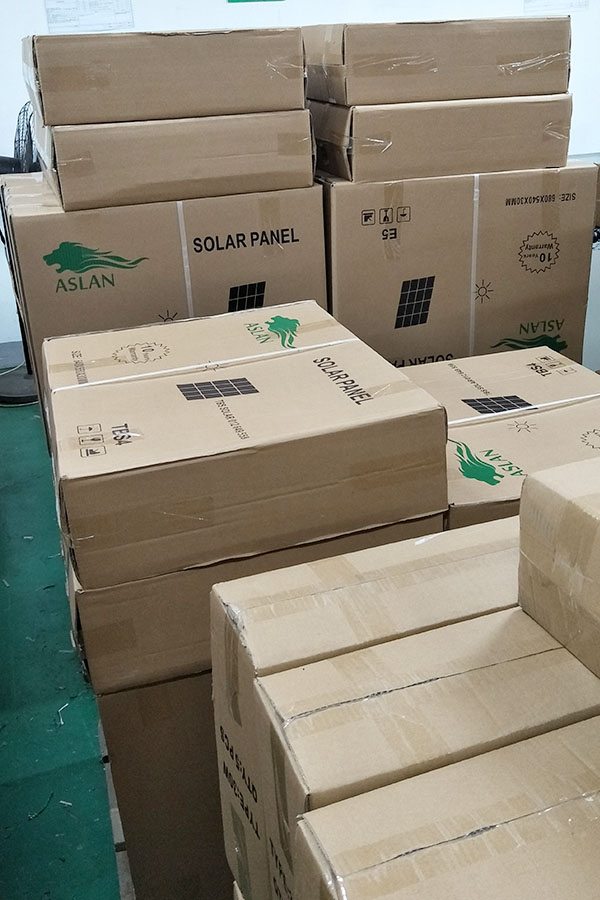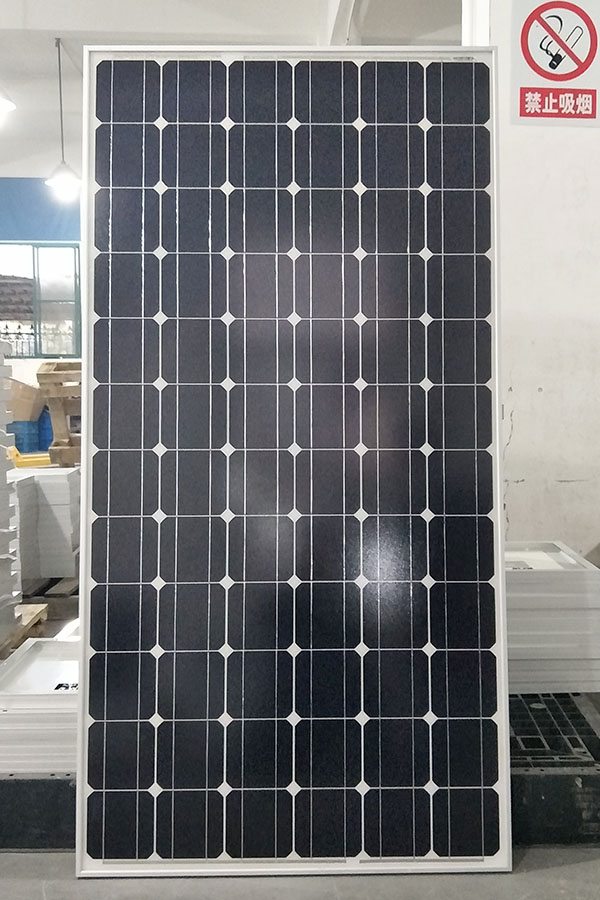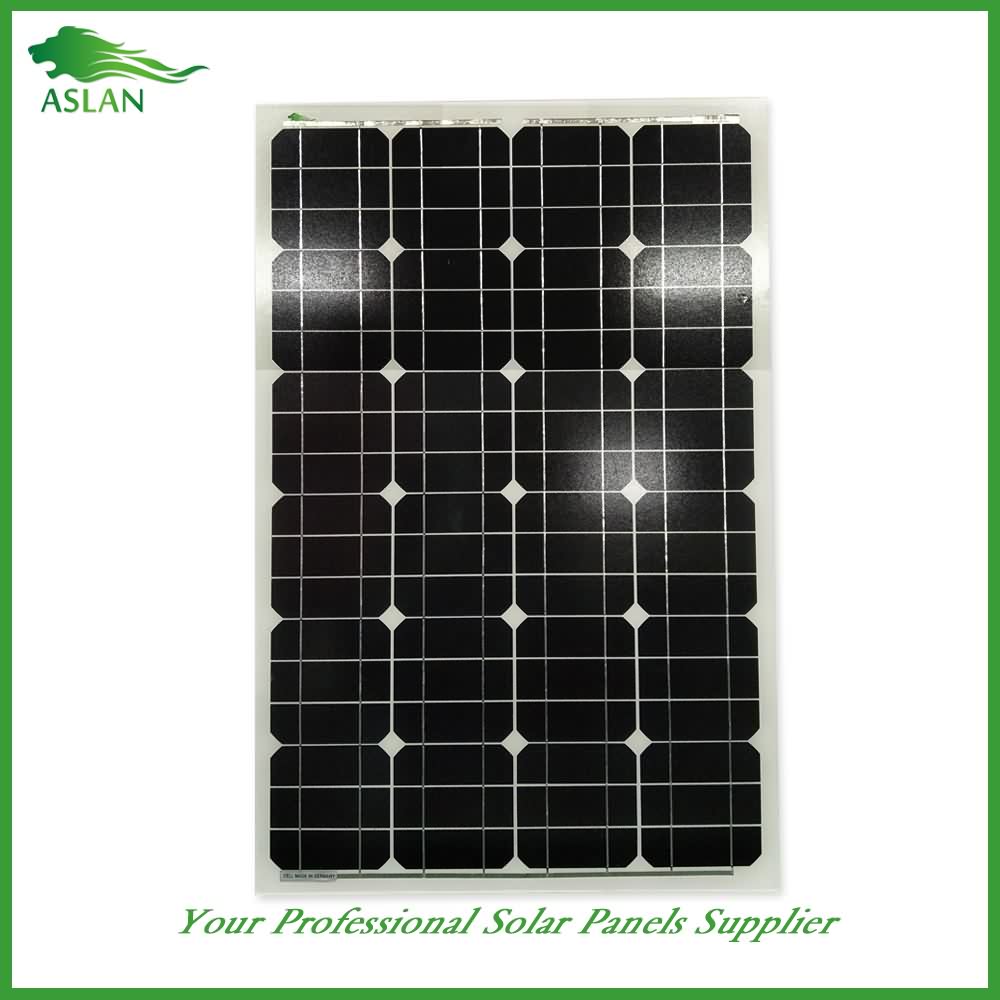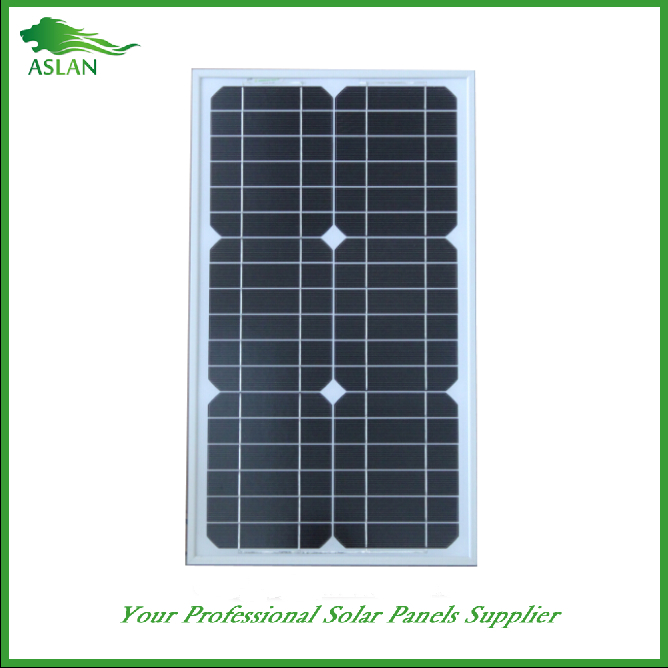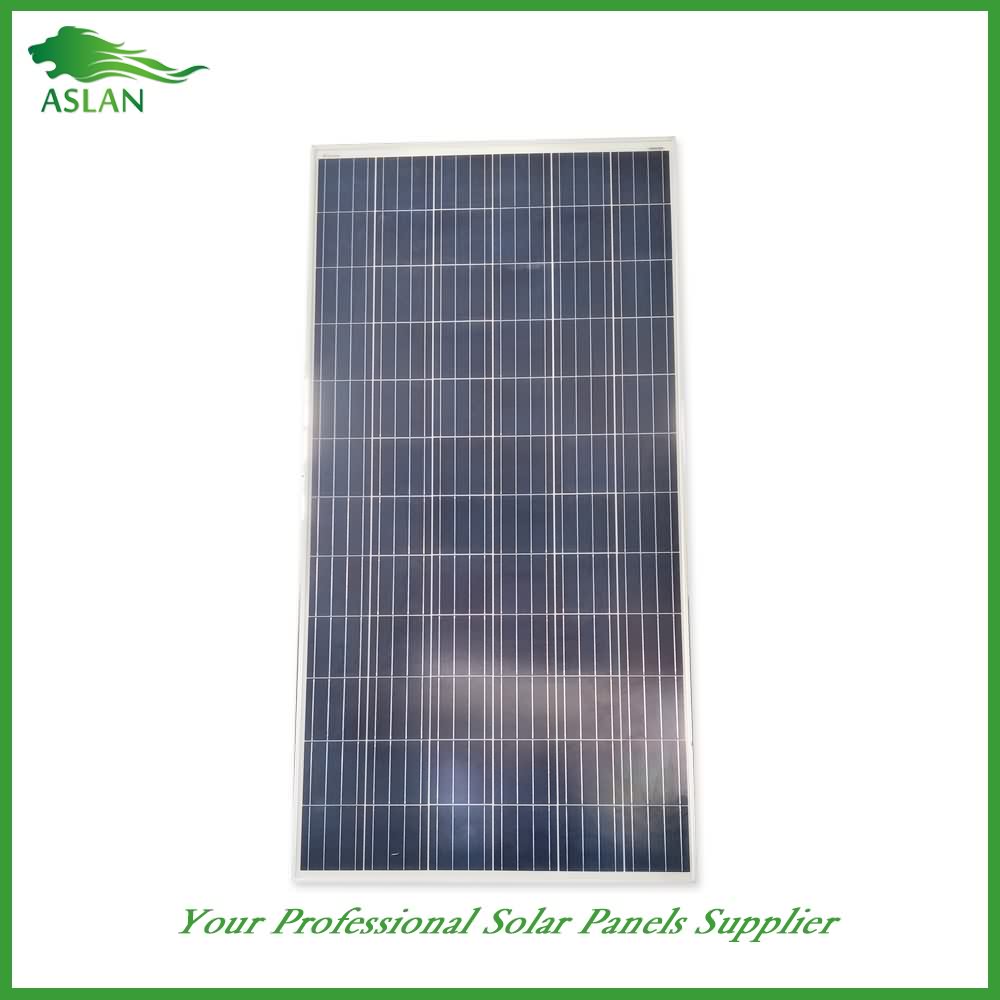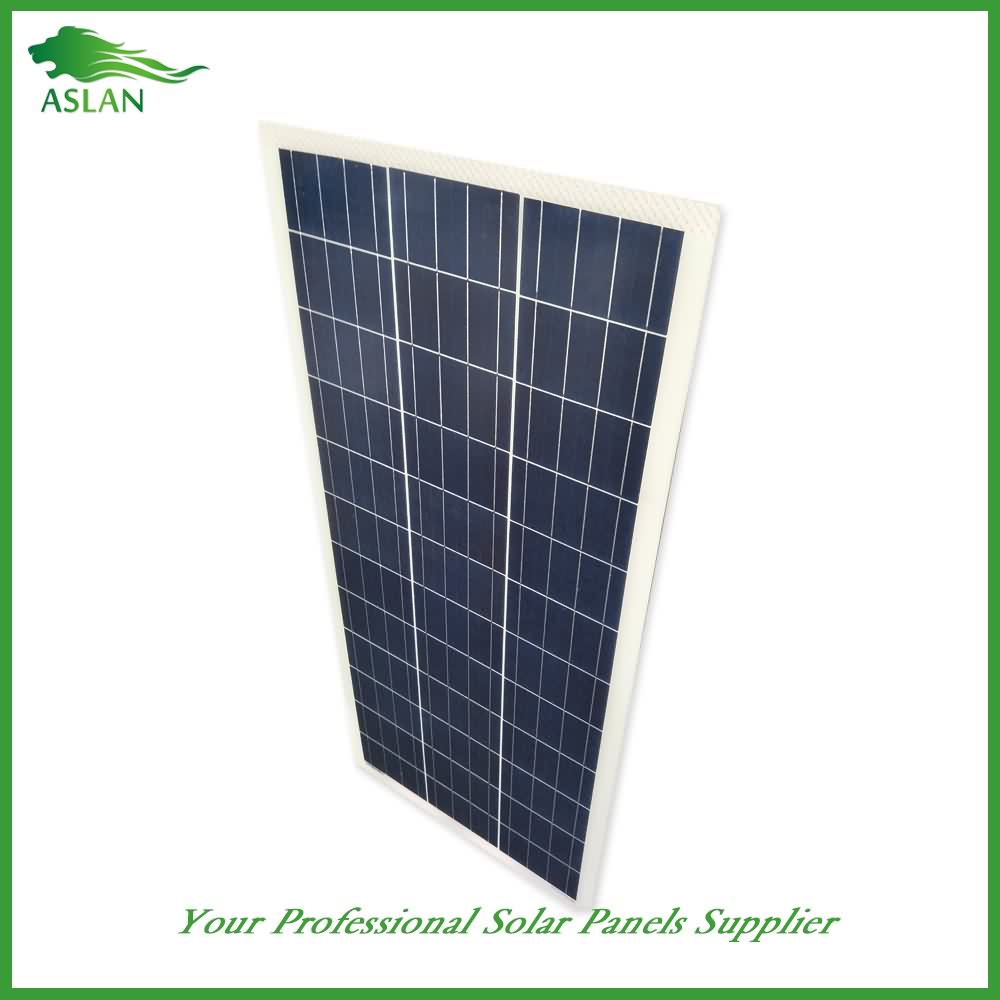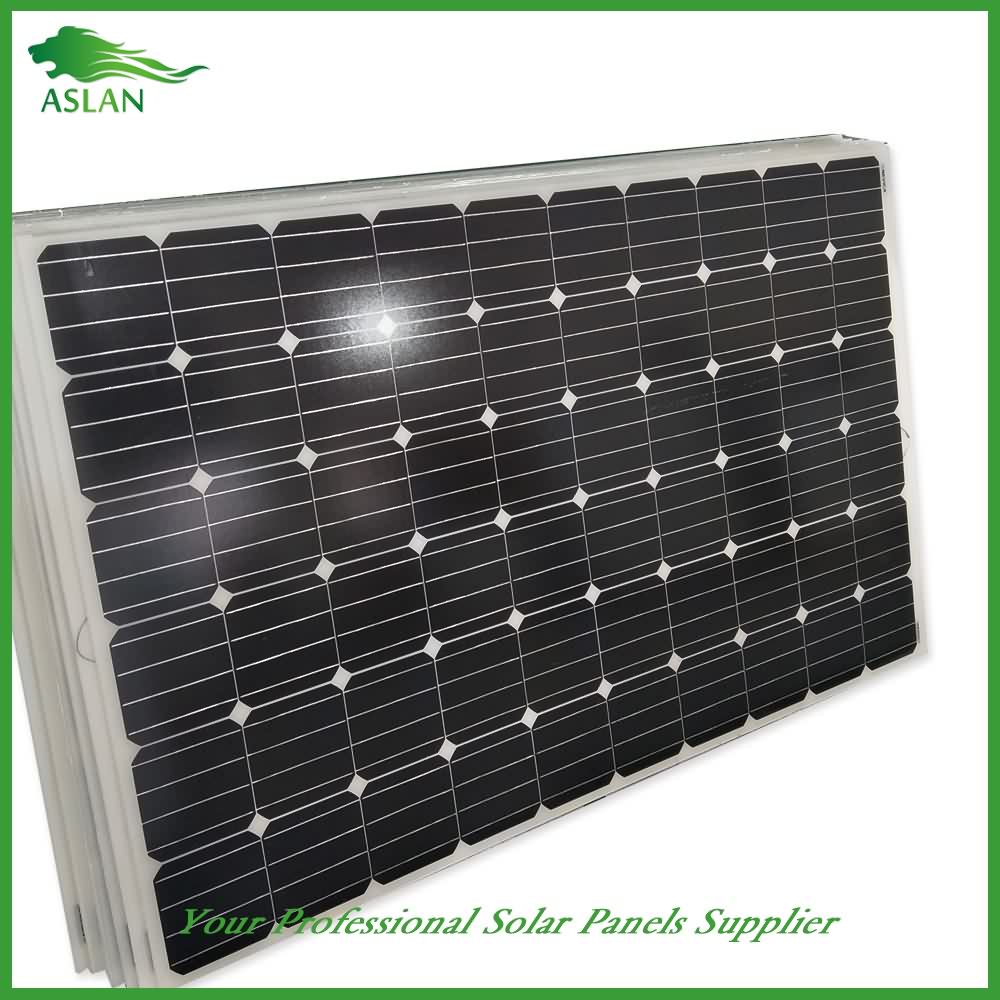12 Years Manufacturer Mono-Crystalline 30W Solar Panel Wholesale to Hawaii
Short Description:
With this motto in mind, we have become one of the most technologically innovative, cost-efficient, and price-competitive manufacturers for 12 Years Manufacturer Mono-Crystalline 30W Solar Panel Wholesale to Hawaii, Inspired by the rapid developing market of the fast food and beverage consumables all over the world , We are looking forward to working with partners /clients to make success together .
Mono-Crystalline 30W Solar Panel
Technical parameter
Maximum Power(W) 30W
Optimum Power Voltage(Vmp) 17.66V
Optimum Operating Current(Imp) 1.71A
Open Circuit Voltage(Voc) 21.39V
Short Circuit Current(Isc) 1.88A
Mechanical Characteristics
Cell Type Mono-crystalline 125×41.6mm
No of Cell 36 (4x9pcs)
Dimensions 449x554x25mm
Weight 2.8Kg
Front Glass 3.5mm,High Transmission, Low Iron,Tempered Glass
Junction box IP65 Rated
Output Cable TUV 1×4.0mm2/UL12AWG,Length:900mm
Temperature and Coefficients
Operating Temperature(°C): -40°C ~ + 85°C
Maximum System Voltage: 600V(UL)/1000V(IEC) DC
Maximum Rated Current Series: 15A
Temperature Coefficients of Pmax: -0.47%
Temperature Coefficients of Voc: -0.389%
Temperature Coefficients of Isc: 0.057%
Nominal Operationg Cell Temperature (NOCT): 47+/-2°C
Materials of solar panel
1).Solar Cell——Mono-crystalline solar cell 125*41.6mm
2).Front Glass——-3.2mm, high transmission, low iron, tempered glass
3).EVA——-excellent anti-aging EVA
4).TPT——-TPT hot seal made of flame resistance
5).Frame——anodized aluminum profile
6).Junction Box——-IP65 rated, high quality, with diode protection
Superiority: high quality anodized aluminum frame, high efficiency long life, easy installation, strong wind resistance, strong hail resistance.
Features
1. High cell efficiency with quality silicon materials for long term output stability
2. Strictly quality control ensure the stability and reliability, totally 23 QC procedures
3. High transmittance low iron tempered glass with enhanced stiffness and impact resistance
4. Both Poly-crystalline and Mono-crystalline
5. Excellent performance in harsh weather
6. Outstanding electrical performance under high temperature and low irradiance
Quality assurance testing
Thermal cycling test
Thermal shock test
Thermal/Freezing and high humidity cycling test
Electrical isolation test
Hail impact test
Mechanical, wind and twist loading test
Salt mist test
Light and water-exposure test
Moist carbon dioxide/sulphur dioxide
Panourile Solare Fotovoltaice de 250W sunt ideale pentru aplicatiile solare fotovoltaice de tip off-grid,in situatia in care se folosesc controlere solare de tip MPPT.Deoarece varfurile de putere atmise de controlerele de 60A si 80A sunt in general de 3000W , respectiv de 4000W, atunci ele se incadreaza perfect pentru incarcarea pe maximul de putere al acestora.
Cantenna
From Wikipedia, the free encyclopedia
A “cantenna” is also a brand name for a dummy load.
A cantenna.
A cantenna is a directional waveguide antenna for long-range Wi-Fi used to increase the range of (or discover) a wireless network.
Contents [hide]
1 Origin of the name
2 Construction
3 Usage
4 See also
5 External links
6 References
[edit]Origin of the name
Cantenna dummy load suitable up to 30 MHz and up to 1 kW
The term ‘Cantenna’ originally referred to a product sold by Heathkit Co. in Benton Harbor, MI, USA. It was a 50-ohm resistive load used by radio amateurs.[1] However, in the more casual vernacular of the Do-It-Yourself community, it has functionally become a portmanteau of can (e.g. an empty Pringles can, see below) and antenna, since they’re used to broadcast (and receive) signals, and not just terminate them.
[edit]Construction
Although some designs are based on a Pringles potato chip can, in reality this tube is too narrow to be practical.[2], however a cantenna can be made from various cans or tubes of an appropriate diameter.[3] Some designs include a pole mount to elevate the cantenna.[4]
[edit]Usage
While cantennas are useful for extending a wireless local area network (WLAN), the tiny design makes them ideal for mobile applications such as wardriving. The design of the cantenna is so simple that it is often the first antenna WiFi experimenters learn to build. Cantennas can even be used to increase cell phone range,[5] improve reception and decrease noise.
[edit]See also
FON#La_Fontenna, an omnidirectional, cheap and high power antenna to distribute internet access around the world using a series of wireless LAN’s
WokFi antenna
WarXing
